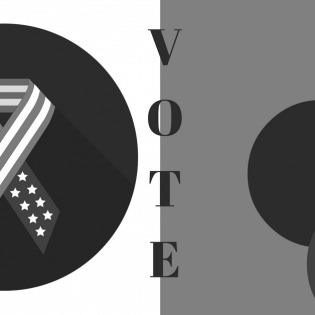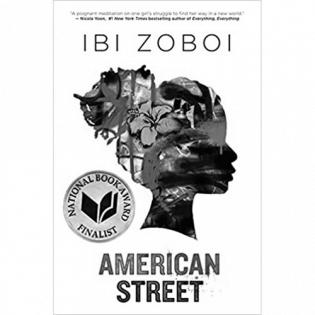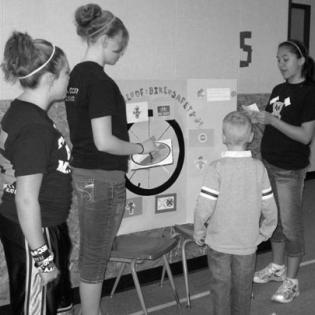One of the fundamental purposes for education is to prepare youth for responsible citizenship. This includes caring for others and the common good, understanding how government and voting work, following current events, listening to diverse points of view and having civil conversations, and advocating for a cause. This toolkit includes background information and project ideas related to civic participation.
Filter by subjects:
Filter by grades:
Filter by audience:
Filter by issue area:
Filter by content type:
Filter by resource type:
resource search
Definition
A
abolitionist
(n) Anti-slavery activist
activism
(n) A practice based on direct action to affect changes in government and social conditions
We learn about organizations that responded to needs and increased social awareness during the Civil War and Reconstruction.
Written by Gabriel Soliman
Definition
by Mandy Priest
Definition
This is the story of Fabiola Toussaint, a Haitian immigrant who moves with her aunt and cousins to Detroit, on the corner of American Street and Joy Road. But after they leave Port-au-Prince, Haiti, Fabiola’s mother is detained by U.S.
Native American (Ojibwa) Tale: Although physically deformed, Bokwewa is gifted in supernatural ways and has a very generous and loving spirit. When his brother goes after his wife’s kidnapper, Bokwewa warns him to resist temptations that will divert him. He doesn’t obey and Bokwewa attempts to rescue him. Good for discussion on benevolence and self-sacrifice versus temptation and vanity.
Teach traits such as responsibility, fairness, and integrity through 20-minute creative lesson plans that provoke conversation and reflection. These character education mini-units, created by teachers for middle school classrooms, contain critical thinking, group interaction, and application of philanthropic principles while students explore nine different character traits. Great for a year of Advisory!



